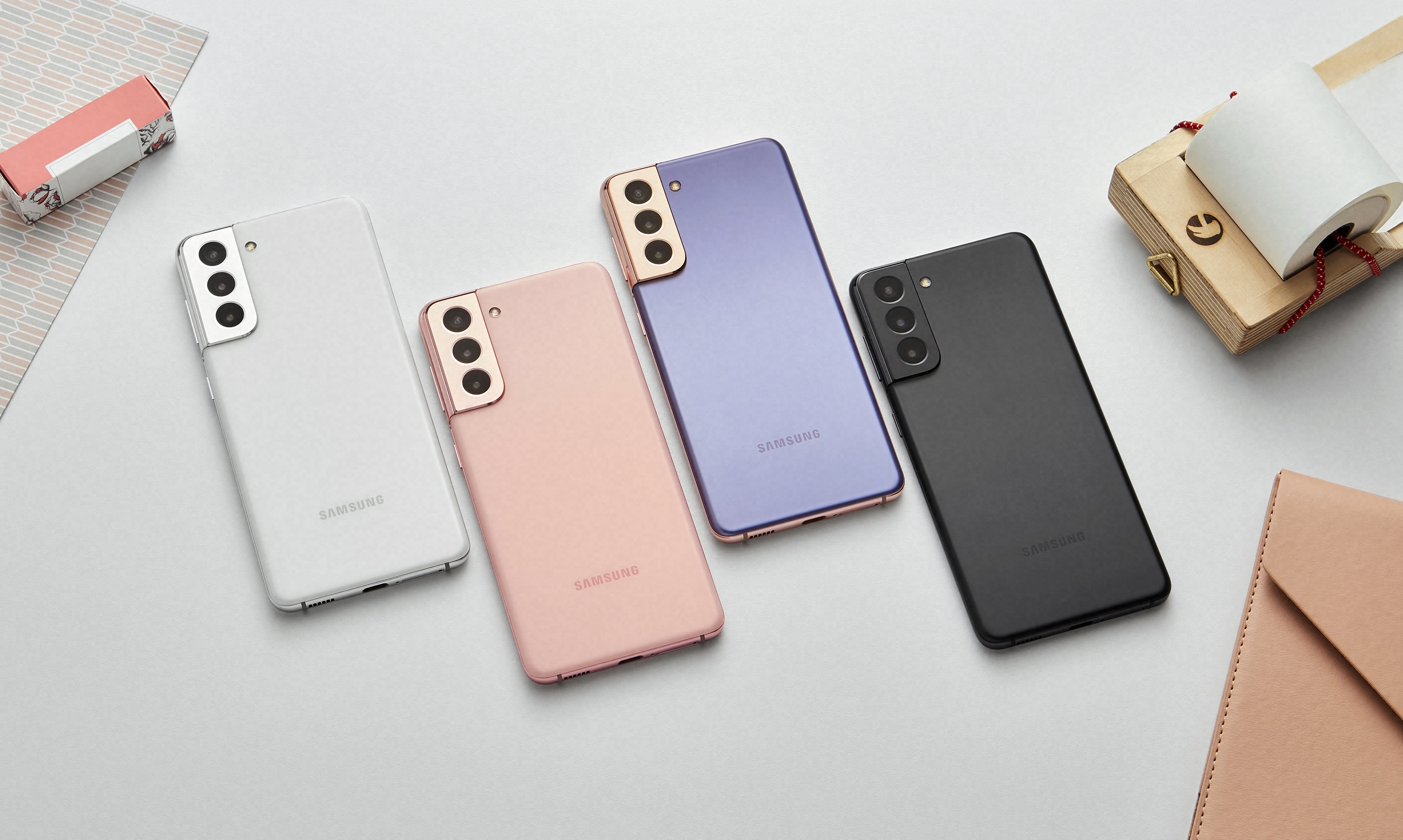
Apple competitor Samsung today announced a new partnership with iFixit that will see Samsung providing authentic parts, repair tools, and repair guides to customers who want to repair their own Galaxy devices.

Samsung's new program mirrors a self-repair program that Apple introduced last year. The "Self Service Repair" program, which is supposed to be launching in early 2022, is designed to let users do their own repairs by sourcing parts and repair manuals from Apple.
Apple's program will be limited to the iPhone 12 and iPhone 13 at launch, though Apple plans to offer self-repair options for other devices over time. Apple plans to provide more than 200 individual parts and tools for repairing the latest iPhones.
Like Apple's repair program, Samsung's repair option is also limited at the current time. Samsung and iFixit will be providing repair parts for the Galaxy S20, the Galaxy S21, and the Tab S7 Plus, but not the latest Galaxy S22 devices. Samsung plans to launch its initiative in the summer, and additional devices will be supported over time.
Customers who use Samsung's self repair program will be provided with step-by-step repair guides for replacing display assemblies, back glass, and charging ports, with used parts returned to Samsung for recycling. In a statement, Samsung's SVP of customer care Ramon Gregory said that Samsung is "creating more ways for consumers to extend the lifespan of [its] products with premium care experiences."
Both Apple and Samsung have introduced these self-repair programs in response to right to repair legislation that many states have crafted. Apple and other tech companies have lobbied hard against such legislation, and are perhaps aiming to stave off wide sweeping requirements by implementing their own solutions.
Article Link: Samsung Now Offers Self-Repair Options for Galaxy Devices in Partnership With iFixit

